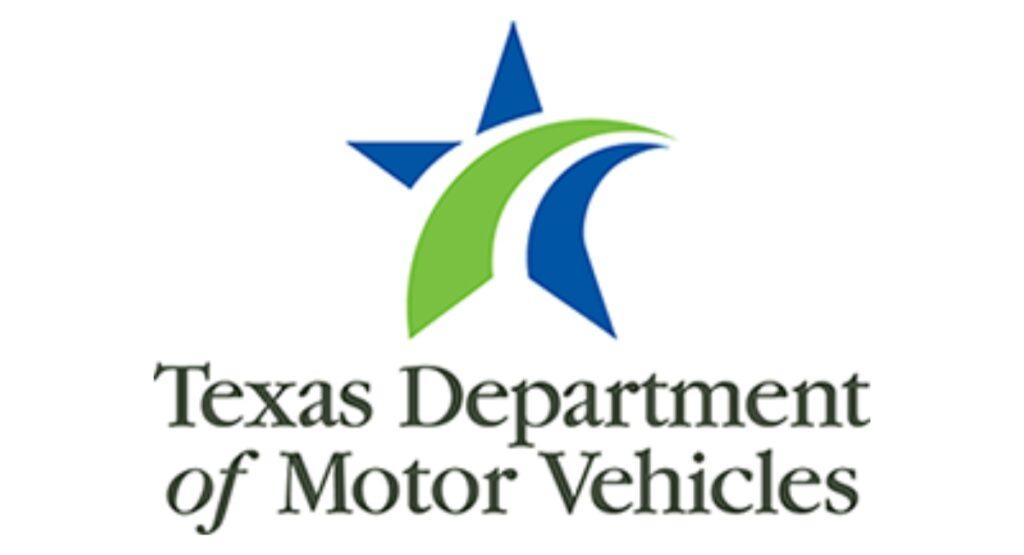The Deal Jacket (Part 1)

You must create a “deal jacket” for each sale. This is where you will keep all the important documents related to the sale of the vehicle. This is also the file TxDMV, OCCC and the Comptroller will ask for when they conduct an exam or audit of your dealership so it’s important to make sure these documents are accurate.
Now, some documents are required to be in the deal jacket on every sale. Although they may vary depending on whether it is a cash sale or finance deal, and other documents may be required based on the situation presented during the sale, like if there is a trade-in or you are including a warranty on the vehicle. And last, we will review recommended documents that can go in the deal jacket. These are documents that will help you if you run into a problem down the road after you sell the vehicle.
Many of these documents will be reviewed in more detail in the next section.
Required Documents in A Cash Sale
Let’s look at the required documents in a cash sale
Click on the folder to see those documents. You’ll be able to continue once you’ve reviewed all of the documents.
- Purchase Record. This is the document such as the auction purchase receipt shown here that establishes how the vehicle came into your inventory. You are required to have some record of your acquisition of the vehicle. If the vehicle is purchased from a private party you must document their name, address, ID type and ID number, such as driver’s license number.
- The next document key to a sale is the vehicle’s title. Here you see the front of a Texas Title. By law, no one is allowed to sell a vehicle if they do not have possession of the title.
- Now, as we take a look at the back, when you acquire the vehicle you will take assignment of the vehicle by completing the purchaser information as demonstrated here; the seller will complete the seller’s portion. Now when you sell the vehicle you will complete the next assignment down as shown. Your buyer will complete the buyer’s information. If the actual title is held by a bank or floorplanner then you must keep a copy of the front and back of the title in the deal jacket while the vehicle is in your inventory. Once the vehicle is sold you will take the actual title to the county tax office to transfer the vehicle. Remember, you must keep a copy of the signed title in your records after the sale. The new title, now in your customer’s name, will go to the customer. We’ll discuss this more in the next section when we discuss transferring the vehicle.
- Buyer’s Order. Also called a bill of sale or purchase agreement. This document will reflect the terms of the sale. In a sale that does not include a retail installment contract, the buyer’s order is the primary sales document.
- Buyer’s Guide. As discussed earlier, the Buyer’s Guide must be posted on every vehicle offered for sale. You are also required to retain a copy in the deal jacket. It is highly recommended that you have your customer sign the Buyer’s Guide.
- ID. If the vehicle will be titled in Texas, dealers are required to keep a copy of the customer’s photo ID in the deal jacket. Only certain ID types are acceptable, you can see what they are here. The customer’s ID may not be expired by more than one year as of the date of sale.
- Buyer’s tag receipt. As we covered, a dealer must issue a temporary tag on each retail sale. When the tag is printed, two copies of a receipt will also print; one copy goes to the customer and the other copy is to be retained in the deal jacket.
- Application for Texas Title and/or Registration (Form 130-U). This document must be completed and submitted to the tax office when you transfer the vehicle into the name of your customer. A copy must also be retained in the deal jacket. Much more detail will be provided in the upcoming transferring titles chapter. Although your customer must sign this form, you do not need to provide them a copy of it.
- Payment Instrument. You are required to retain a record of the customer’s payment instrument such as a cancelled check or credit card receipt.
- Privacy Notice. In most situations, you are required to provide a privacy notice to your customer describing how you treat their non-public personal information. More information will be provided in the federal requirements chapter under privacy notice.
- Title application receipt, often referred to as the white slip. This document, along with the customer’s plates will be provided to you by the tax office when the vehicle has been titled and registered in your customer’s name. One copy of the white slip goes to your customer, the other one is retained in your deal jacket. When you receive the white slip make sure any liens were recorded accurately and verify the charges paid by the customer match what you were charged.
